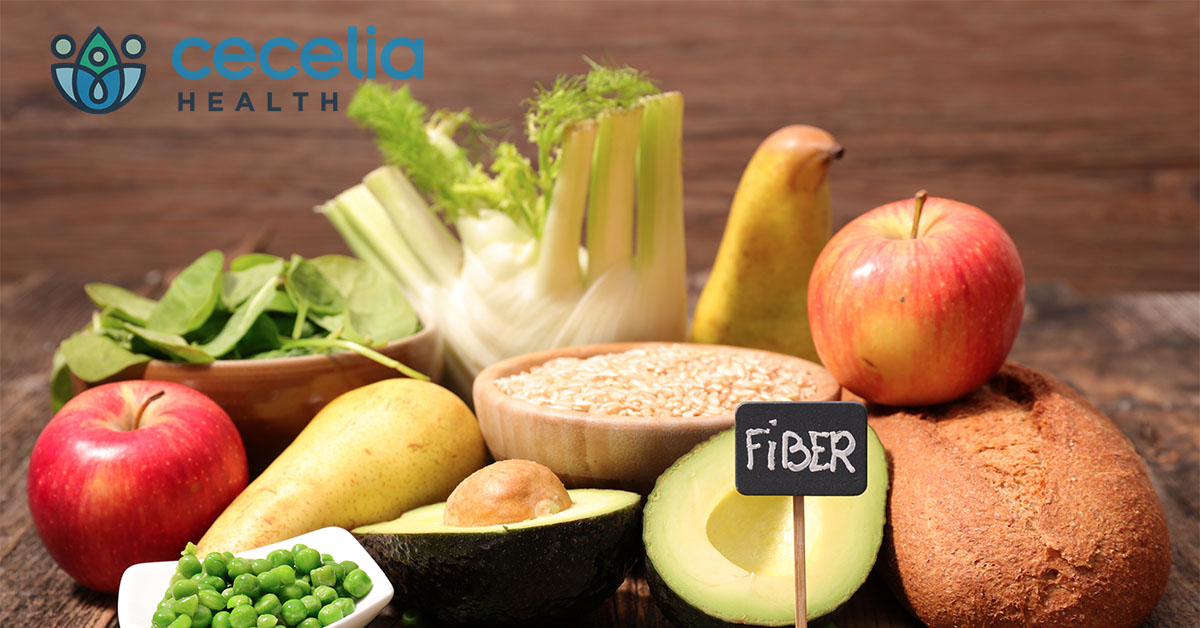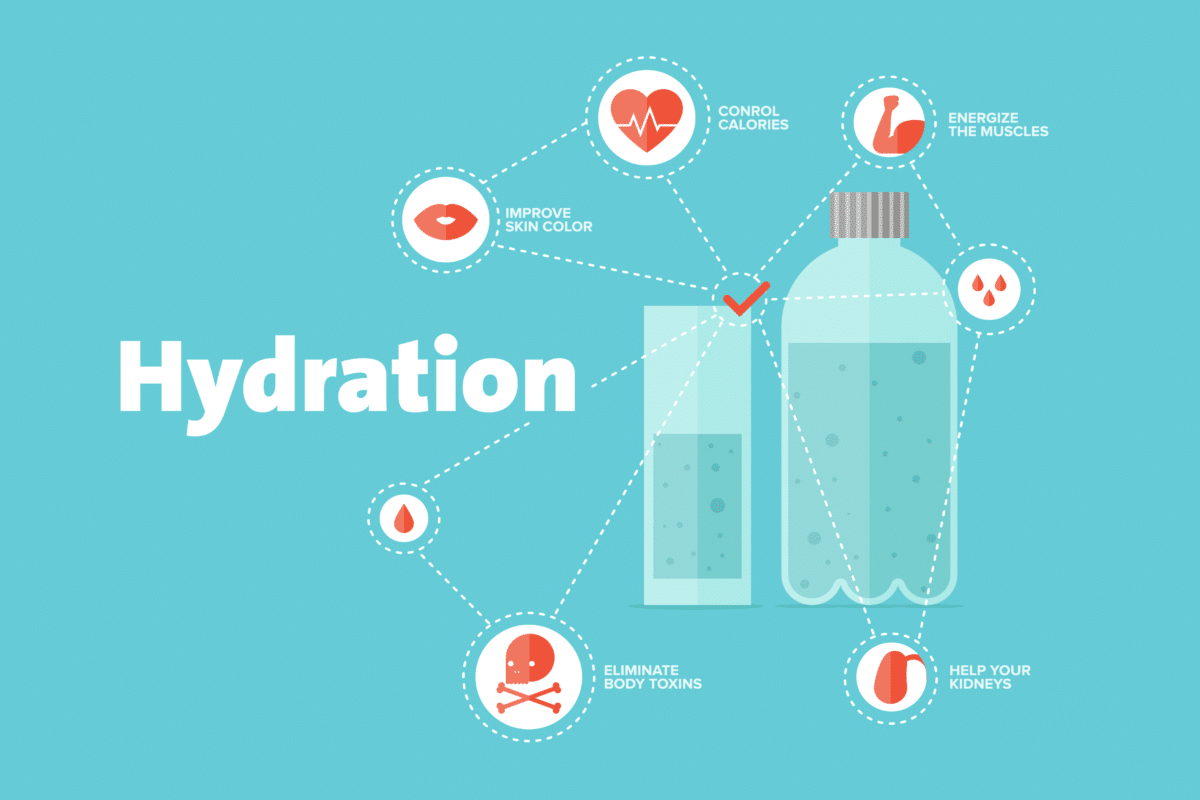Incorporating hydration and water-rich foods into your diet can play a vital role in promoting digestive health and easing the discomfort associated with hemorrhoids. Hemorrhoids are swollen blood vessels in the rectal area that can cause pain, itching, and difficulty during bowel movements. By focusing on softening stools and maintaining proper hydration, you can effectively manage hemorrhoid symptoms and improve your overall well-being. In this article, we will explore the top five pieces of information about incorporating hydration and water-rich foods for softening stools and easing hemorrhoid symptoms.
1, Importance of Hydration.
Staying hydrated is incredibly important for maintaining good overall health. Drinking an adequate amount of water helps your body function properly and supports various bodily processes. One area where hydration plays a significant role is in softening stools.
When you don't drink enough water and become dehydrated, your body tries to conserve water by absorbing more of it from the colon. The colon is responsible for extracting water from waste materials as they pass through the digestive system. When there isn't enough water available, the colon absorbs more water than usual, resulting in harder stools. This can make it difficult to pass stools and lead to increased straining during bowel movements, potentially causing constipation.
By staying properly hydrated, you can help keep your stools soft. Sufficient water intake adds moisture to the stool, making it easier to pass through your digestive tract. It also adds bulk to the stool, which stimulates the muscles of the colon and promotes regular bowel movements.
In addition to promoting softer stools, maintaining hydration has numerous other benefits for your overall health. It helps regulate body temperature, aids in digestion, carries nutrients to cells, lubricates joints, and supports the removal of waste products from your body.
While the commonly mentioned guideline of drinking eight glasses of water per day is a good starting point, individual hydration needs may vary based on factors like age, activity level, and climate. It's important to pay attention to your body's thirst signals and drink enough water to keep your urine pale yellow or clear.
Remember that hydration isn't limited to water alone. Other fluids like herbal teas, fruit juices (in moderation), and water-rich foods can contribute to your overall hydration status.
If you have specific concerns about hydration or digestive health, it's always a good idea to consult with a healthcare professional for personalized advice.
2, Fiber and Water Content.
Including fiber-rich foods in your diet can be beneficial for maintaining healthy and regular bowel movements. Fiber adds volume to the stool, making it easier to pass through the digestive system. Moreover, many fiber-rich foods, like fruits, vegetables, and whole grains, naturally contain a good amount of water, which further aids in softening the stool.
When you consume foods high in fiber, the fiber passes through your digestive system without being fully broken down. It absorbs water along the way, which increases the bulk of the stool. This added bulk stimulates the muscles in the colon, helping to promote regular contractions and smooth passage of the stool. By providing more substance to the stool, fiber can help prevent both constipation and diarrhea, promoting balanced bowel movements.
Certain types of fiber, known as soluble fiber, have the ability to absorb water and form a gel-like substance in the intestines. This gel-like consistency softens the stool, making it easier to pass. Fruits, vegetables, and whole grains are good sources of soluble fiber and also contain a significant amount of water. This combination of fiber and water in these foods contributes to the softening of the stool and supports overall digestive health.
It's important to note that when increasing your fiber intake, it's recommended to do so gradually and drink enough water throughout the day. Adequate hydration is necessary for the fiber to do its job effectively. Without enough water, an increase in fiber intake alone may not provide the desired softening effect and could potentially lead to further constipation.
To incorporate more fiber into your diet, consider including a variety of fiber-rich foods in your meals and snacks. This can include fruits, vegetables, whole grains, legumes, and nuts. By diversifying your sources of fiber, you can benefit from different types of fiber and their respective health benefits.
If you have specific concerns about your digestive health or dietary needs, it's always a good idea to consult with a healthcare professional or registered dietitian for personalized advice and guidance.
3, Water-Rich Foods.
In addition to drinking water, incorporating water-rich foods into your diet is a great way to increase your overall water intake. These foods not only help keep you hydrated but also provide essential nutrients and contribute to overall digestive health. Some examples of water-rich foods include fruits like watermelon, oranges, strawberries, and grapefruit, as well as vegetables like cucumbers, lettuce, celery, and tomatoes.
Watermelon is a refreshing and hydrating fruit, consisting of about 92% water. Cucumbers have a high water content of approximately 95% and are known for their crispness. Oranges and strawberries, with water contents of about 87% and 91% respectively, are delicious and hydrating fruits packed with vitamins and antioxidants. Grapefruit, at around 88% water, offers a tangy flavor and various beneficial nutrients.
Lettuce, whether romaine or iceberg, contains about 94% to 96% water, making it an excellent choice for hydration. Celery, composed of about 95% water, is a crunchy and hydrating vegetable that is low in calories. Tomatoes, with a water content of approximately 94%, not only add hydration to your diet but also provide vitamins A and C, as well as lycopene, an antioxidant associated with health benefits.
Including these water-rich foods in your meals and snacks can contribute to your overall hydration and support digestive health. They provide a refreshing and nutritious way to increase your water intake while enjoying a variety of flavors and textures.
It's important to note that while water-rich foods can contribute to hydration, they should not replace the importance of drinking plain water. Consuming a variety of fluids, including water, remains crucial for maintaining optimal hydration levels throughout the day.
As always, if you have specific dietary concerns or health conditions, it's recommended to consult with a healthcare professional or registered dietitian for personalized advice and guidance.
4, Herbal Teas.
It's worth noting that herbal teas, like chamomile and peppermint tea, are generally caffeine-free, which is beneficial for those who are sensitive to caffeine or prefer to limit their intake. Caffeine can potentially worsen symptoms such as dehydration or increased heart rate, which may not be ideal for individuals with hemorrhoids.
Additionally, herbal teas, including chamomile and peppermint tea, can contribute to your daily fluid intake. Staying hydrated is important for maintaining overall health and supporting proper digestion, which in turn can help manage hemorrhoid symptoms.
While herbal teas may offer potential relief and contribute to your fluid intake, it's important to remember that individual experiences can vary. If you have persistent or severe symptoms related to hemorrhoids, it is advisable to consult with a healthcare professional for a proper diagnosis and personalized treatment recommendations.
Furthermore, some herbal teas may interact with certain medications or have contraindications for specific health conditions. It is always recommended to consult with a healthcare provider or a registered herbalist before adding any herbal tea or supplement to your routine, especially if you have existing medical conditions or take medications.
Overall, herbal teas like chamomile and peppermint tea can provide a soothing effect on the digestive system and potentially offer relief from hemorrhoid symptoms. However, it's important to consider individual needs and consult with a healthcare professional for personalized advice.
5, Hydration Tips.
Drink water before, during, and after meals: Having a glass of water before meals can help ensure you start your meal hydrated. Sipping water during meals can aid digestion, and drinking water after meals replenishes fluids lost during the digestive process.
Carry a water bottle: Keep a water bottle with you throughout the day as a reminder to drink water regularly. Having water readily available makes it easier to stay hydrated, especially when you're on the move.
Choose water as your primary beverage: Opt for water as your main drink choice throughout the day. It is refreshing, calorie-free, and essential for hydration. If you find plain water boring, you can infuse it with fruits or herbs to add flavor.
Limit caffeine and alcohol: Be mindful of your consumption of caffeine and alcohol, as they can contribute to dehydration. While moderate intake is generally fine, excessive amounts can have a diuretic effect, leading to increased urine production and potential dehydration. Balance these beverages with sufficient water intake.
Listen to your body's thirst signals: Pay attention to your body's cues for thirst. Feeling thirsty is a sign that you need to hydrate. Drink water throughout the day and don't wait until you're extremely thirsty.
Set reminders or establish a routine: If you tend to forget to drink water, consider setting reminders or creating a schedule to prompt yourself to drink at regular intervals. This can help you establish a habit of staying hydrated.
Consider environmental factors: Take into account factors such as hot weather or intense physical activity, which can increase fluid loss through sweat. During these situations, it's important to drink extra water to compensate for the additional loss.
Remember that individual hydration needs can vary based on factors such as age, weight, activity level, and climate. While aiming for at least eight glasses of water per day is a common guideline, adjust your intake based on your specific needs and circumstances.
By following these general tips, you can improve your hydration practices and maintain a healthy fluid balance for overall well-being.
Taking care of your digestive health is essential, especially when dealing with hemorrhoid symptoms. Incorporating hydration and water-rich foods into your diet can make a significant difference in softening stools and alleviating discomfort. Remember to drink an adequate amount of water, include fiber-rich foods, and consume water-rich fruits and vegetables. Additionally, herbal teas can offer soothing effects on the digestive system. By following these practices, you can take proactive steps towards managing hemorrhoid symptoms and promoting overall digestive well-being. However, it is always advisable to consult with a healthcare professional for personalized advice and treatment options specific to your condition. Prioritizing hydration and a healthy diet will contribute to your overall health and well-being.





Comments
Post a Comment